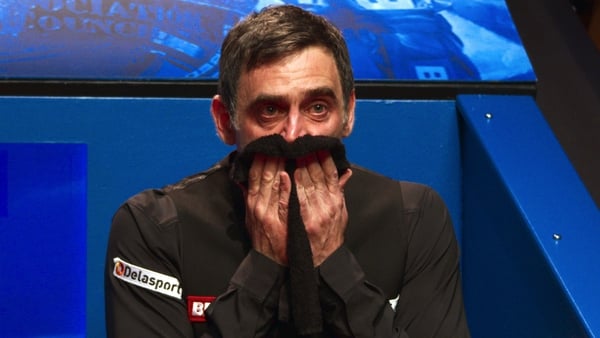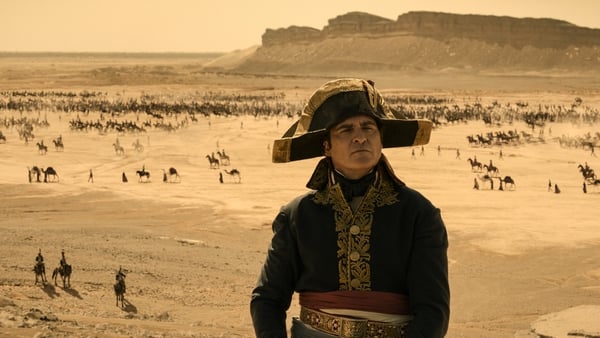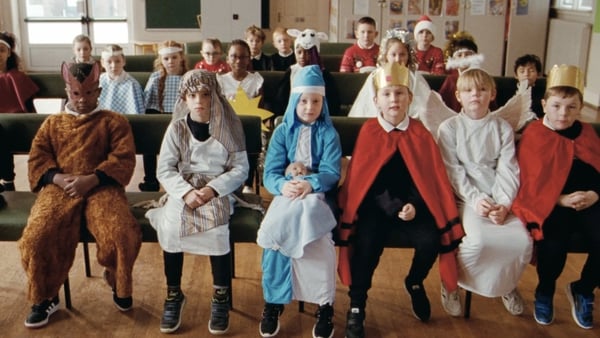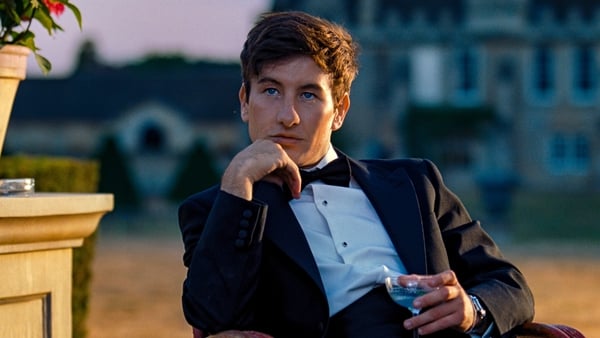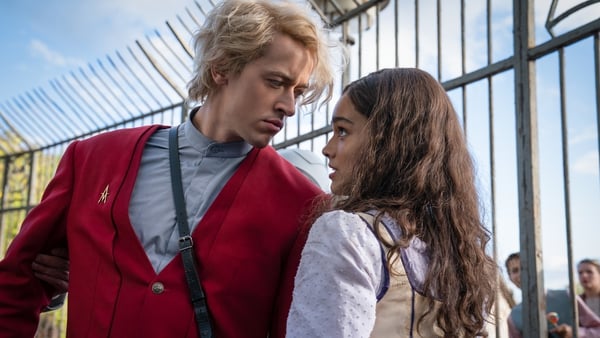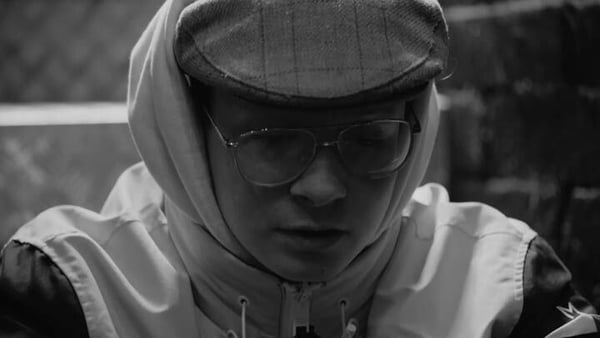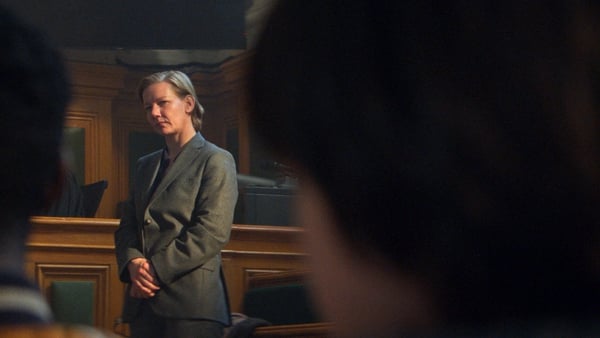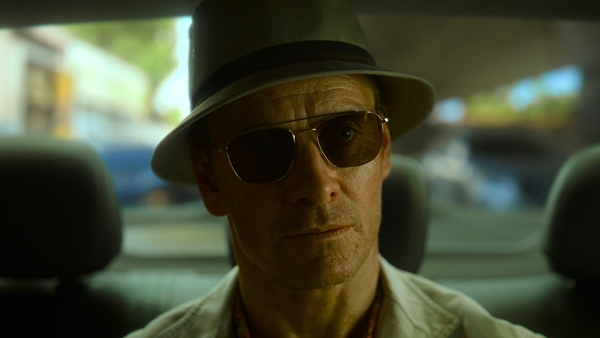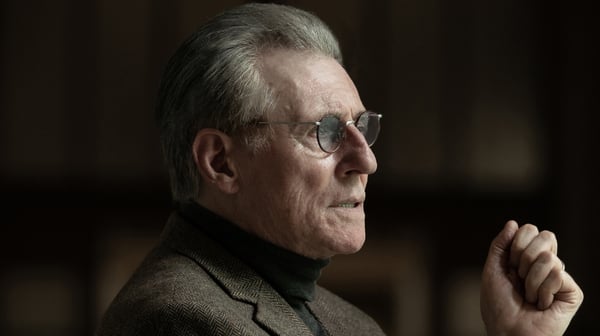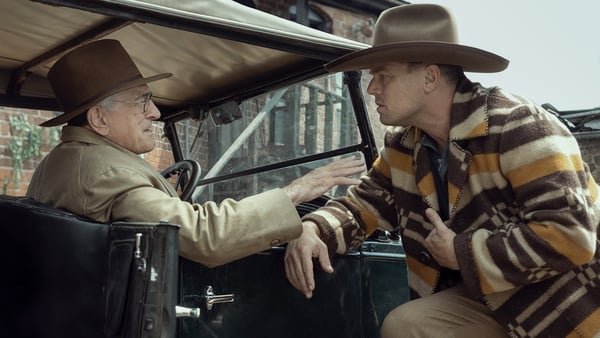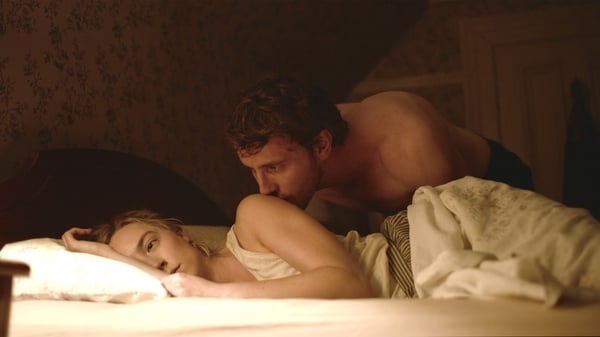In 1939, as Germany menaced the continent of Europe, Britain moved its code-breaking operations to Bletchley, a country estate, where the principal aim was to crack Germany’s Enigma code. This would almost certainly guarantee Nazi defeat, as their strategies and decisions would be revealed once the code was cracked.
A number of experts were selected to work in this covert operation, using captured German machines. To compound the difficulties, the code was reset by the Germans every day so the cryptographers only had 24 hours to decipher top-secret information. They have been doing so with little success to date, as the film gets into its stride.
This is the point of entry for the 27-year old mathematician and cryptanalyst Alan Turing (Benedict Cumberbatch). Turing is hired by Navy Commander Denniston (Charles Dance) because he is a brilliant mathematician. However, he almost fails to secure the post due to his arrogant, tactless air at the job interview.
A loner by instinct, Turing is not a team-player, but he is obliged to work with scholars, linguists, chess champions and intelligence officers. The early days are fraught with tension and angry outbursts. Dublin actor Allen Leech plays mathematician John Cairncross (known to Downton Abbey fans as Tom Branson the chauffeur).
In the belief that only a machine can defeat a machine, Turing demands a budget to build an elaborate construction, a machine which would be the prototype for digital computers.
But as the weeks pass with no tangible results, Commander Denniston becomes utterly frustrated with Turing and his seemingly useless machine. He gives the mathematician and the team a month to crack the code and this is where when the real drama begins.
Keira Knightly plays Joan, who also works in intelligence and with whom Turing develops an unorthodox romance. Vivid scenes from the young mathematician’s unhappy teenage years at boarding school complete the picture of an ultimately tragic life in this masterful, compelling film. In 1952, the real-life Alan Turing was convicted for the offence of homosexuality, and he committed suicide in 1954.
An intelligent compelling drama, The Imitation Game deserves to be seen.
Paddy Kehoe

